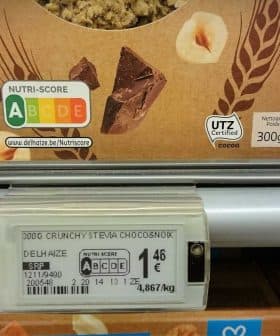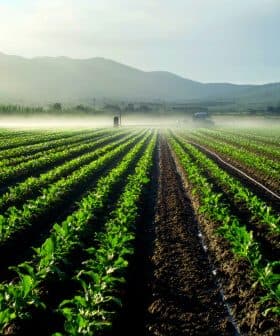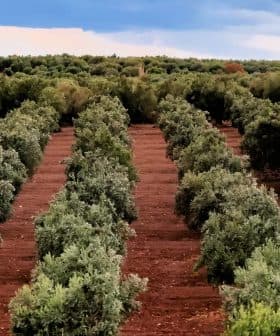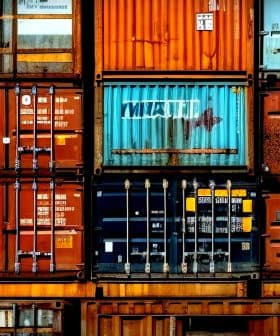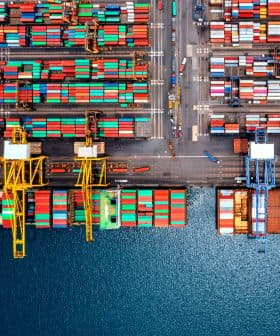'Oleum' Project Seeks Better Solutions to Protect Olive Oil Authenticity
Part of Europe's Horizon 2020 research and innovation program is an ambitious plan to find common approaches and analytical tools to check the quality and authenticity of olive oil.
OLEUM is a major project under the EU Horizon 2020 program aimed at ensuring and enhancing the authenticity and quality of olive oil globally. The project involves a consortium of 20 international partners working on developing new methods and tools to improve the quality and authenticity of olive oil, with a focus on addressing legislative aspects, analytical sphere, harmonization, and consumer confidence.
OLEUM is a major project that is part of the EU framework program Horizon 2020, conceived with the goal to assure and increase the level of authenticity and quality of olive oil at a global scale.
We are carrying out this notable work with a pragmatic view…with the aim to find sustainable, useful, relevant and sharable solutions.
Carried out by a consortium of 20 international partners, operating in the fields of food analysis, food legislation, industrial equipment engineering, bioinformatics, communication and knowledge exchange, OLEUM is coordinated by Tullia Gallina Toschi of the Department of Agricultural and Food Sciences of the Alma Mater Studiorum — University of Bologna.
According to 2016 data from the International Olive Council (IOC), the plan assumes that Europe is the largest producer of olive oil accounting for 69.6 percent of world production, and at present several non-EU countries are expanding their domestic production. While IOC member countries account for 92 percent of world olive oil supply, 81 percent of olive oil demand comes from non-member countries including USA, Brazil, Japan, China, Australia and Canada.
In the light of these data, increasing competitiveness and expanding markets in non-producing countries, combined with a lack of a centralized databank of validated methods and a lack of harmonization could lead to significant weaknesses that can be exploited by counterfeiters.
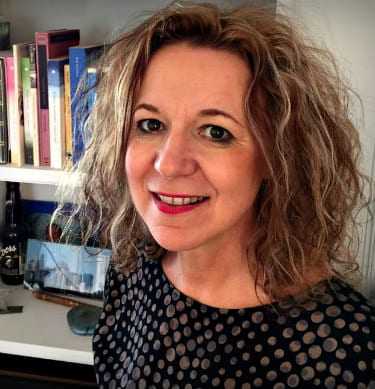
Gallina Toschi
Based on the analysis of the European market scenario from now to 2020, new common approaches and analytical tools to check the quality and authenticity of olive oil are timely and urgent, with a view to safeguard consumers and enhance the confidence of export markets, including new markets and non-producer countries in the EU.
On this basis, a call for proposals launched by the EU in 2013 was the starting point of the OLEUM project. “The call mainly referred to an improvement of work specifically intended for control laboratories,” Gallina Toschi explained. “This means a strong research effort aimed to improve the existing methods while simplifying them and increasing their affordability. Accordingly, we started to work to propose innovative, and most of all useful, tools,” she pointed out.
“First, we identified four main gap levels in the sector that need to be addressed through research and development which include the legislative and regulatory aspects, the analytical sphere, the area of harmonization and coordination, and the consumer and market confidence,” said the coordinator.
In this sense, the strategic objectives of the working group are aimed at developing new and improved methods for assuring the quality and authenticity of olive oil; at implementing an integrated quality assurance infrastructure for methods of analysis including reference materials, a downloadable library of analytical methods and compositions; and at developing and supporting a worldwide community of analytical laboratories involved in the analysis.
The first specific goal is to enable EU and international regulators and policy makers with an array of potential solutions that can contribute to the improvement of regulatory standards or regulations based on an analysis of areas where a lack of methods has led to failures; for instance, the difficulties concerning the identification of “soft-deodorization.”
Next, existing methods of olive oil quality control and fraud detection will be revised, through the identification of drawbacks and the improvement of methods, in terms of performance and efficiency.
The OLEUM international group will also work to enhance the methodology for organoleptic assessment improving reproducibility and developing a quantitative equivalent procedure (Quantitative Panel Test).
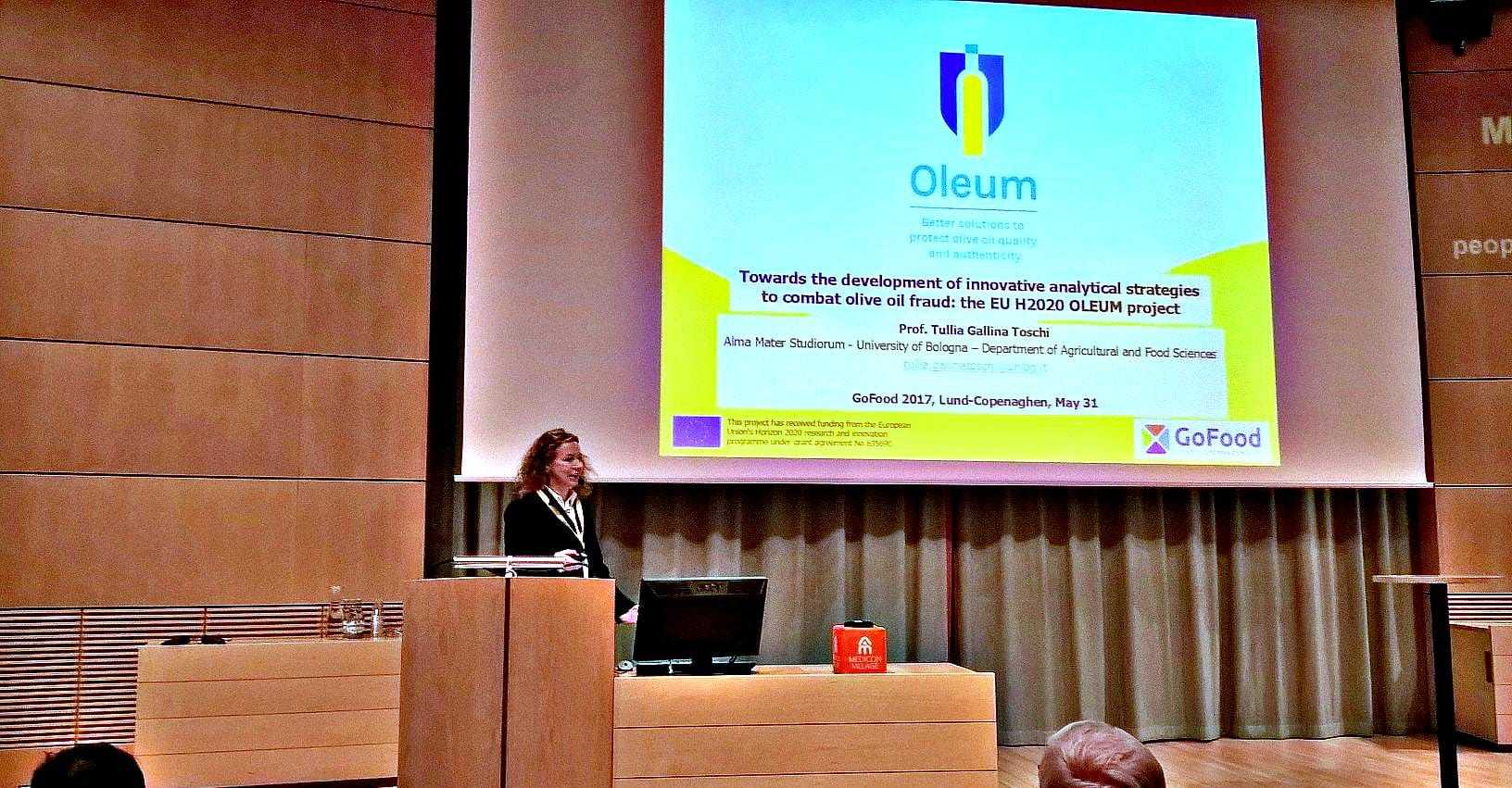
“The panel test is indispensable as we cannot even think of evaluating a product that is defined not only by the nutritional and compositional characteristics but also by the sensorial aspect, without a sensory analysis,” Toschi explained. “But given the costs of the test, the employment of many experts and the need for calibration of panels, we must support the panel test with screenings tools, reproducible reference materials and the quantitative determination of volatiles molecules with a role of defect tracers,” she added.
They also will seek to identify novel analytical markers with the aim of developing and validating innovative analytical solutions. “This mainly concerns the detection of illegal blends of extra virgin olive oil and soft deodorized olive oils, and of illegal mixtures of olive oils and other vegetable oils,” she specified, adding that this act will also cover the measurement of olive oil conservation, in terms of freshness and best-before quality establishment, and the monitoring of compliance with geographical origin indications.
The working group will suggest improvements to international regulations and recognized procedures (EU, IOC, CODEX, ISO) and will implement a technology transfer of new methods and procedures to the wider analytical community, assessing its proficiency by specific fit-for-purpose actions, and including analytical discussions and ring tests.
“We will compile an inventory of existing and emerging fraudulent practices, promoting an open-access knowledge generation and dissemination by making globally available all the information coming from OLEUM research and other reliable sources,” Toschi specified.
The goal is to engage the widest range of stakeholders, such as opinion leaders and regulators, food and drink industries including SMEs, the media, the scientific community, and consumers in the dissemination, exploitation and knowledge exchange, in order to establish a sustainable source of reliable information on the methodology for authenticating olive oil.
As for the timing of these procedures, the establishment of a recognized regulatory standard, and its inclusion in a normative framework will require no less than 5 years.
“Very expensive and difficult to apply methods are often proposed, and through a completely different approach, we are carrying out this notable work with a pragmatic view,” the coordinator remarked. “In other words, along the lines of two waves of analytical work, which consist both in revision and in total innovation, we will maintain and rely on everything that is included in the quality control regulations of olive oil, which are among the best in the sector of food quality control, and we will value, analyze, criticize, and try to improve them, with the aim to find sustainable, useful, relevant and sharable solutions,” Toschi concluded.



